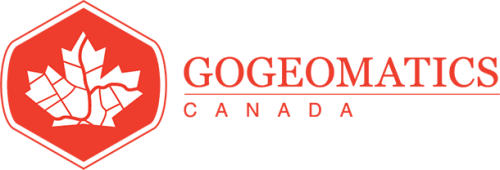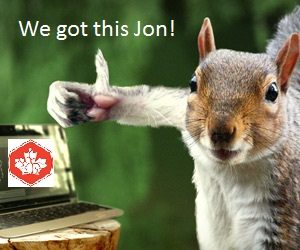A GIS Postgraduate’s Journal – December 17, 2012
December 17, 2012
To say that the past semester of school flew by is an understatement. I am still slightly overwhelmed with how much I learnt in such a short amount of time. Since I know you’ve all been following my entries thus far.. you will know that at the beginning I thought that the world would end before I even got to add some data in ArcMap. Things picked up fast and after midterms, there was no shortage of practicals, exercises, final assignments and exams.
The main point that I was the most happy about was the amount of real-world, hands-on work we were required to do. Don’t get me wrong, there was no shortage of theory-based learning, but the practicality of what we were doing was very evident, and appreciated. Of course I used ArcMap throughout my undergraduate degree, but it was just that, ArcMap. You may be thinking, well obviously a college program would be more hands-on compared to a university program. But my professors take it one step further by even requiring us to utilize programs during the lectures themselves, not just after lectures or for assignments.
My courses consisted of:
- Introduction to Programing
- Digital Map Compilation
- Introduction to Vector GIS
- Data and Data Representation
- Geographic Data and Map
So far I have been learning a multitude of programs including PyScripter, AutoCAD Map 3D, ArcScene, Notepad ++ for basic HTML, SketchUp and Google Earth/Maps. Another plus is the conversions and integrations between these programs.
At the beginning, one of the negative aspects that I found with my program was the overlapping throughout courses. However, I have now found an appreciation for this. It helped to solidify the main concepts, and helped make studying for exams slightly easier! I’ve done much better on my postgrad exams than my university exams, and I credit this to remembering the practical work done throughout the semester and how I personally find it easier to write exams if I’ve applied the concepts.
Which course do you think is the most applicable to the real world? Want to brush up on your own GIS education? Check out some terms and their related definitions by following @GoGeomatics on Twitter.
Goodbye first semester!
Journal Entries:
December 17, 2012







